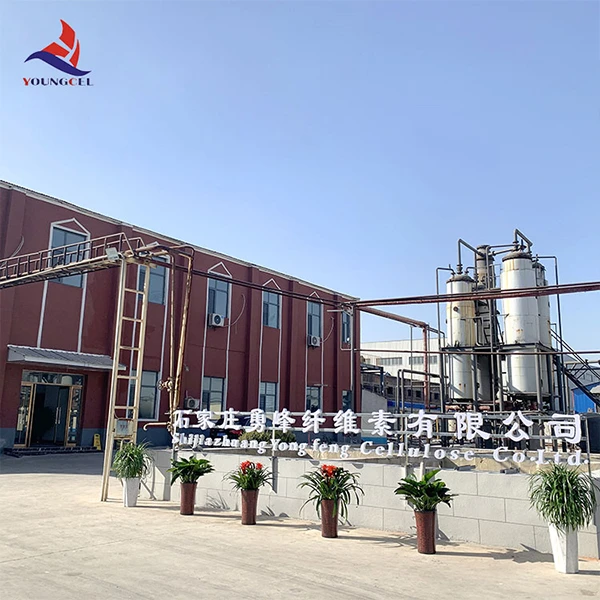Understanding Industrial Grade HPMC Applications and Benefits
Hydroxypropyl Methylcellulose (HPMC) is a versatile cellulose ether widely used in various industrial applications. Known for its thickening, emulsifying, and film-forming properties, HPMC has become a vital ingredient across industries such as construction, pharmaceuticals, food, and personal care. This article delves into the characteristics, applications, and benefits of industrial-grade HPMC, highlighting why it is a preferred choice for many manufacturers.
What is Industrial Grade HPMC?
Industrial-grade HPMC is synthesized from natural cellulose through chemical modification, resulting in a non-ionic, water-soluble polymer. Its composition provides unique properties, including excellent water retention, improved adhesion, and enhanced workability. HPMC is available in different viscosities and hydroxypropyl content, allowing manufacturers to select the appropriate grade for specific applications. The versatility of HPMC makes it suitable for various formulations and processes.
Applications of Industrial Grade HPMC
1. Construction Industry In the construction sector, HPMC is primarily used as a thickening agent in tile adhesives, plasters, and mortars. Its water-retention properties help improve the workability of mortars, allowing for better adhesion and reduced shrinkage. Additionally, HPMC aids in extending the open time of tile adhesives, making it easier for workers to adjust tiles before the adhesive sets.
industrial grade hpmc

2. Pharmaceuticals HPMC serves as an excipient in pharmaceutical formulations. It is commonly used in the production of controlled-release drug delivery systems due to its gel-forming ability. HPMC can help stabilize active ingredients, enhance bioavailability, and modify the release profiles of medications. Moreover, it is often utilized in the formulation of ointments and creams for its emulsifying properties.
3. Food Industry In the food sector, HPMC acts as a food additive, providing texture, moisture retention, and emulsifying capabilities. It is used in various products, including sauces, dressings, and bakery items. HPMC can enhance the stability of emulsions and prevents ingredient separation, which improves overall product quality.
4. Personal Care Products HPMC is also widely employed in personal care formulations, such as shampoos, lotions, and creams. Its effective thickening properties create desirable viscosity, while its film-forming abilities contribute to a smooth and pleasant texture. HPMC enhances the sensory experience of personal care products, making them more appealing to consumers.
Benefits of Using Industrial Grade HPMC
The benefits of industrial-grade HPMC are numerous. First and foremost, its excellent compatibility with various formulations makes it highly adaptable. HPMC is also relatively inert, posing minimal risk of adverse reactions in applications involving food and pharmaceuticals. Furthermore, its ability to form stable gels contributes to improved product longevity and performance.
In summary, industrial-grade HPMC is a valuable ingredient across various industries, providing essential functionality and benefits. Its unique properties facilitate improved formulation stability, enhanced product performance, and superior user experience. As industries continue to innovate and evolve, HPMC will undoubtedly remain a key component in achieving superior product quality and performance.
-
The Application and Significance of Construction RdpNewsMay.19,2025
-
Industrial Grade HpmcNewsMay.19,2025
-
Building Coating Adhesive Building Coating Adhesive HpmcNewsMay.19,2025
-
Application Of Hpmc For Detergent For Detergent In DetergentsNewsMay.19,2025
-
Application Of Hpmc Cellulose In Cement-Based MaterialsNewsMay.19,2025
-
Application Of High Quality Hpmc For Construction In The Field Of ConstructionNewsMay.19,2025




